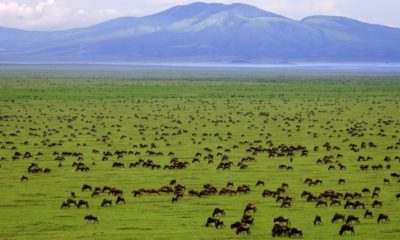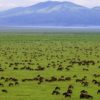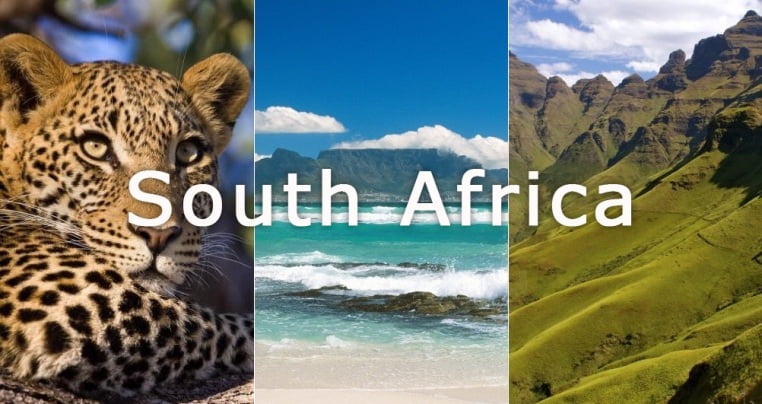Africa
Backpacking Tunisia Need To Know
Basics
Languages:
Capital:
Currency:
|
Dial Code:
International Access Code:
Emergency Services Number:
Time Difference:
|
Recommended For Further Information On Tunisia
Lonely Planet Tunisia
The below is a very basic guide. If you are heading to Tunisia I highly recommend picking up a copy of Lonely Planet’s; Tunisia. It provides the most relevant, up-to-date advice on what to see, do and skip, plus where to eat and sleep…

Entry
Citizens of most countries (including all EU countries, The US and Canada) do not need a visa for visits of up to three months. Visas are needed for Australians (on arrival) and New Zealanders (before travel via an embassy).
Yellow fever vaccination is required for travellers arriving from countries with risk of yellow fever transmission.
For stays of up to 3 months your passport should be valid for the proposed duration of your stay; you don’t need any additional period of validity on your passport beyond this.
If you’re bringing prescription medicines, carry a note from your GP confirming that the medication has been prescribed for an existing condition.
For official information visit your home government travel bureau.
Getting Around
More detail is to come in this section, but you can read about general advice regarding Getting Around When You Get There
Accommodation
Tunisia doesn’t have a tourism sector aimed specifically at backpackers, so you may struggle to find hostels. However hotels and guesthouses are relatively cheap, but vary in quality.
Read more about Accommodation When You Get There
Food And Health
Food hygiene and safety is improving, but isn’t up to Western standards. Use your instincts; if the place looks dirty, don’t eat there; if your food isn’t piping hot, don’t eat it.
Water is not safe to drink, so stick to bottled or boil.
There’s no provision for free medical attention for foreign nationals. All doctors’ fees, medication and hospitalisation in private clinics have to be paid for on the spot. These costs can be quite high. Make sure you have adequate travel health insurance and accessible funds to cover the cost of any medical treatment abroad and repatriation.
Always contact your GP around 8 weeks before your trip to check whether you need any vaccinations or other preventive measures. Visit here for Recommended Vaccinations and read here for more about Travelling Health In General
Weather & Time To Go
Tunisia is generally hot and dry in the summer and mild and rainy in the winter; it is best to visit in late spring or early autumn.
Communications
Internet is generally slow, but accessible in most towns, hotels and lodges. International calling cards are cheaply available in large towns.
Dangers And Considerations
Travel bureaus often advise against travelling to the South and border areas of Tunisia, so always check with them to ensure your destinations safety.
Crime levels are quite low, but incidents of mugging, pick pocketing, bag-snatching and petty theft can occur.
Protests are common, you should avoid all public gatherings and mass demonstrations, as they can sometimes turn violent.
Homosexuality is a criminal offence in Tunisia and sexual relations outside marriage are also punishable by law.
Possession, use and trafficking of controlled drugs are all serious criminal offences. The possession of even a small amount of ‘soft’ drugs could result in a prison term.
Carry a form of photo ID at all times and be prepared to show this to uniformed security officials if asked to do so.
It is strictly prohibited to take Tunisian dinars out of the country.
Dangers constantly change. Always check with your foreign office (British Foreign Office webpage) or travel advice bureau for the latest information regarding your destinations safety.
Read more about Safety And Security here
Respecting Culture
Tunisia is an Islamic country. Respect local traditions, customs, laws and religions at all times and be aware of your actions to ensure that they don’t offend, especially during the holy month of Ramadan or if you intend to visit religious areas.
However at the coastal holiday hotspots the dress code is very much like any European city or tourist area, although topless sunbathing on beaches may cause offence.







